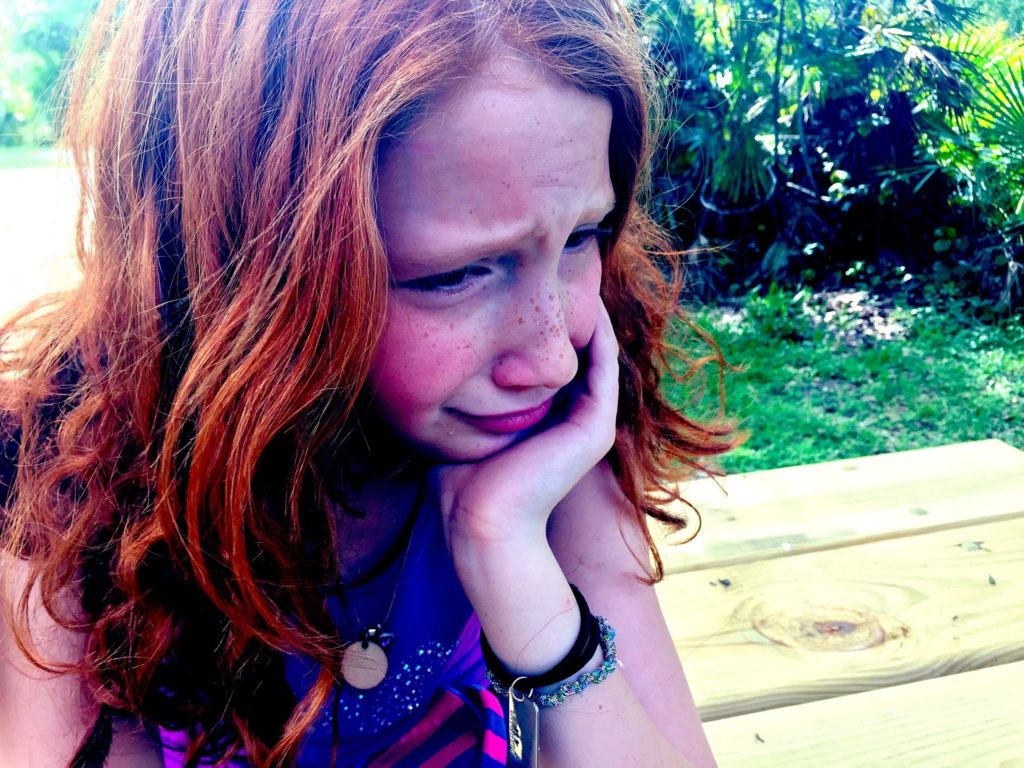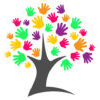Is your child struggling with grief? Has your child lost someone special? The death of a parent, grandparent, family member, or friend is world-shattering.
Whether your child’s loss was expected through a terminal illness or sudden through a heart attack, car accident, or suicide, children suffer tremendously trying to make sense of death or loss. Big emotions come and go like tidal waves. One moment they may be sad and then playing the next. Every child grieves uniquely, as there is no normal way that a child deals with the loss of a loved one.
Your child’s understanding of what death means will change as he or she grows. Every child is different in how they react to and cope with loss. During this time, it is normal for your child to go back and forth between playing and feeling sad. Children commonly shift from feeling shocked to feeling sadness and anger. Some children feel guilt or responsibility or think that part of what happened was their fault.
Your child’s understanding of death is effected by his or her relationship with the person who died, earlier experiences with death, and current supports.
For some children, grief and loss can be debilitating. It can get in the way of your child being successful at school, enjoying play, sleeping, or just having fun. Some children find it helpful to have someone to talk to about their loss. For most children, the symptoms of grief fade over time. If kids seem to be stuck in their grief or if their symptoms have intensified over time, they may be experiencing complicated bereavement or complicated grief.
Children who have lost someone special through something traumatic or sudden (like a car crash) are at a higher risk for having complicated grief. Children who have a parent or family member who is terminally ill can experience an array of feelings that can make them more vulnerable for developing complicated grief.
Symptoms of Complicated Grief in Children:
• Intense sadness and pain at the thought of the loved one
• Focus on little else but the loved one’s death
• Extreme focus on reminders of the loved one or excessive avoidance of reminders –like pictures of the loved one or places where the loved one often went.
• Intense and persistent longing for the loved one
• Problems accepting the death
• Numbness or detachment
• Bitterness about the loss
• Feeling that life holds no meaning or purpose
• Irritability or agitation
• Lack of trust in others
• Inability to enjoy life or think back on positive experiences with the loved one
Grief and Loss counseling for children
For children who are struggling with the death of a loved one, counseling can help. It can be helpful for children with unresolved grief to have a safe place to talk about how they feel. For children who have experience a sudden or traumatic loss, trauma-focused cognitive behavioral therapy (TF-CBT) may be helpful. Are you looking for help for a child or teen struggling with grief and in Kalamazoo, Portage, Mattawan or Southwest Michigan?
Call 269-615-7637 to get help for your child struggling with grief or loss.

